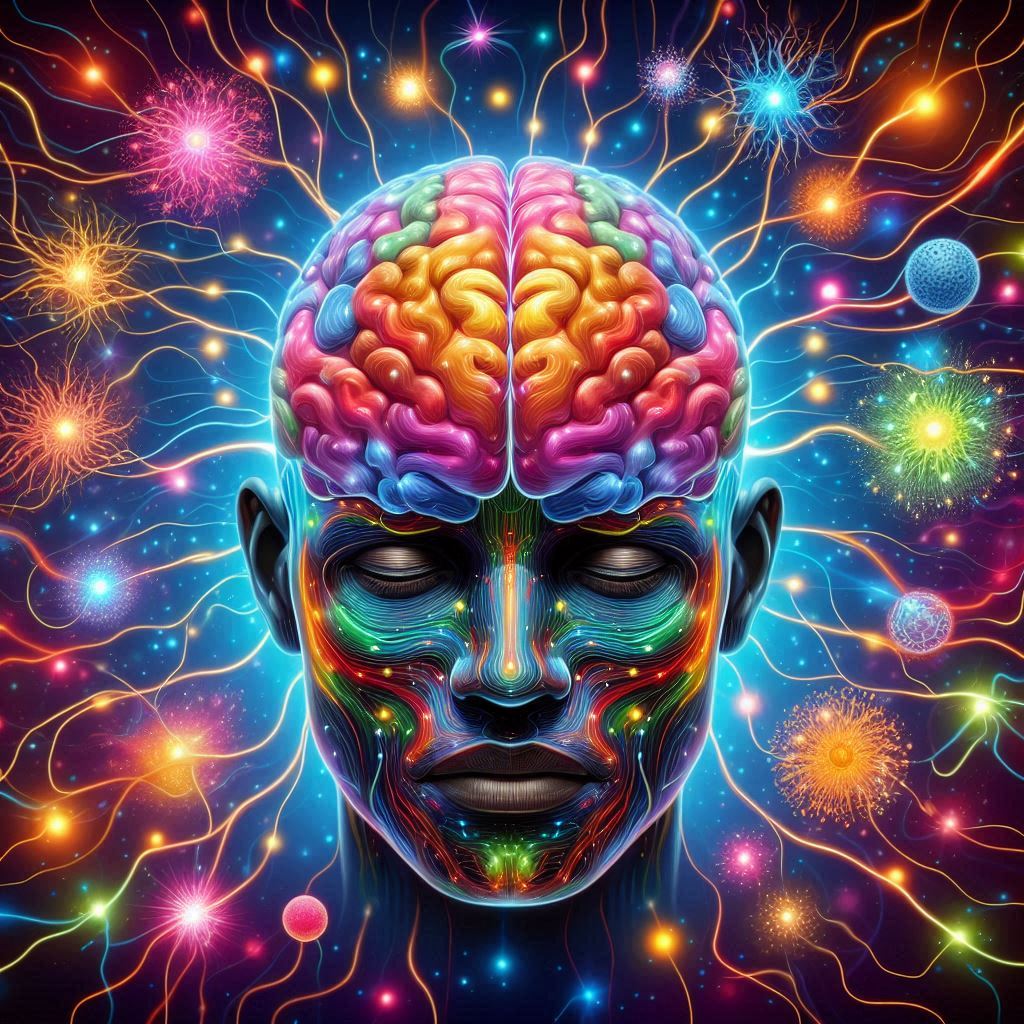Brain Based Learning – The Way The Brain Wants To Be Taught

Brain based learning may sound a little weird, but what learning was based on before it was even weirder and maybe a little scary. Up until recently, the teaching techniques most commonly used in our schools had no basis on the brain, our learning organ. These practices and techniques have remained unchanged for quite a long time. In many cases, these techniques rely heavily upon strict rote memory.
Chances are you’ve been exposed to this type of learning, probably a little too often. Maybe you had to memorize the multiplication tables or a large Shakespearean passage. Researchers have found that relying on rote memory learning itself is an extremely inefficient way to learn and can even be discouraging to the learner.
Learning How The Brain Learns
We all know that the brain is the learning organ. But we aren’t exactly sure how the brain learns. Brain based learning is a comprehensive approach that tries to evaluate this very question. Leslie Hart (Human Brain and Human Learning, 1983) likened teaching without the understanding of how the brain learns to design a glove without the awareness of what a hand looks like. A pretty stupid prospect right?
Things To Keep In Mind When Teaching
Unlike the traditional way of learning which has been found to be more discouraging and stressing to the brain, the latest research suggests that educational techniques provide a foundation for creativity and contextual learning. Think about some of the things you’ve learned as a child. Chances are you remember those lessons that contain an emotional link for you. Maybe the first time you learned to ride a bike with your mom or dad.
Brain based learning techniques help the brain to make a connection between learning and the emotional experiences of real life. The aim is to create an environment where knowledge can be passed on to all students, regardless of learning a skill, capability, and/or disability, in a way that makes learning much more interesting, fulfilling, and binding.
How The Brain Learns
Researchers Caine and Caine [1991] came up with twelve brain learning principles that provide a framework to establish a better, brain-stimulating learning experience.
- The brain is capable of performing several activities like perception and creation or seeing and hearing, at one time.
- The search for meaning is inborn.
- The search for meaning comes through patterning.
- Emotions are critical to patterning.
- The brain processes wholes and parts simultaneously.
- Learning involves both conscious and unconscious processes.
- Each brain is unique.
- The process of learning is enhanced by challenge and inhibited by discouragement.
- We have at least two types of organizing memory: spatial and rote.
- We understand best when facts are embedded in natural, spatial memory.
- Learning involves both focused attention and peripheral attention.
- Learning engages the whole physiology.
Brain Techniques
There are three brain-friendly techniques associated with brain based learning, which are based on the ability and limitations of the brain.
- Relaxed alertness: One can concentrate when they are relaxed. So to maximize the potential, alertness can be enhanced by eliminating fear but maintaining a challenging environment.
- Orchestrated immersion: Creating a learning environment that will completely involve the learner in the subject. For example, to experience the weightlessness in space, experience near weightlessness by scuba diving.
- Active processing: Allowing the student to process the information to remember, according to their ability. This is accomplished by teaching the same material with several approaches.
Brain Based Learning Principles
Here are some tips to make use of brain based learning principles:
- Try teaching with real experiences and interactions.
- Take advantage of students’ interests and combined those with lesson material. Group discussions and peripheral learning lend more support to lessons.
- Teaching should progress from known facts to new, unknown facts.
- Include art, music, games, audio/visual aids, and jokes to appeal to different types of learning and increase lesson retention.
- Use the material taught to solve realistic problems.
- Try to give feedback. Where age-appropriate, reports or self-assessments are a great way for learners to understand their progress.
Brain based learning gives us an educated analysis of how we educate. Teaching should not be a cold presentation of facts to be memorized but rather a fun and inviting process where learning happens spontaneously and naturally. Think back to your fondness lessons, what if all learning was like that…



